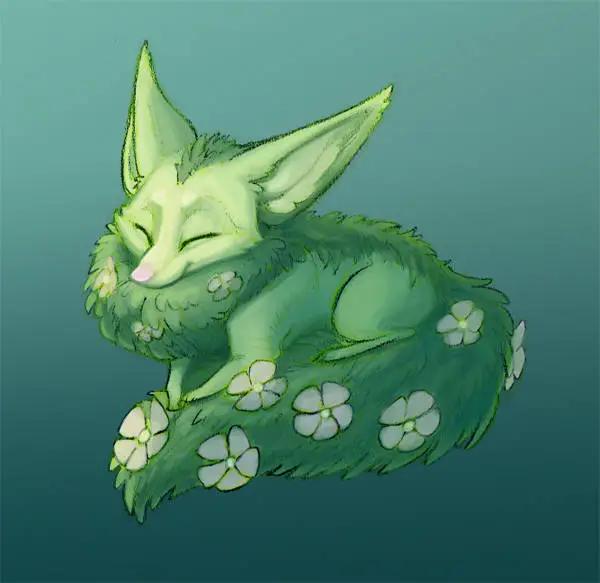Tomorrow is a big event at my university. I’d like to make a fun thing where the people of the Board Game society I am in can try to find me for a riddle, kind of a Where is Waldo in a place where there is a crap tone of people to find the NPC that’ll give them a Riddle (Maybe something to win? No idea how I could do that detail)


'Tis a silly one, but it’s hilarious when it stumps people. Best used verbally:
There are thirty cows in a field, and twenty-eight chickens. How many didn’t?
Answer
Ten. Ten didn’t eat chickens!
Read it 5 times not understanding. Said it out loud, and instantly it came to my mind!
deleted by creator
Oh I get it.
My 8 year old daughter got me with this one just yesterday. She was so proud of herself.
We have similar one in Czechia. John Doe bought twenty mice. The next day, he bought twenty-one mice. How many mice does he have? The solution is zero, because in czech, you can say twenty-one mice the same way as poison for twenty mice (jednadvacet myší - jed na dvacet myší). Just thought it’s interesting that this works in other languages too.
In French we have “Vingt cent mille ânes dans un pré et cent vingt dans l’autre. Combien de pattes au total ?” = “Twenty hundred thousand donkeys in a meadow and a hundred twenty in the other. How many legs total ?” Answer is six, because it can also be read as “Vincent mit l’âne dans un pré et s’en vint dans l’autre” = “Vincent put the donkey in the meadow and went to the other.” So two legs for Vincent and four for the donkey.
We also have “The wheat, or the sheep ?” Answer is “at the mill”, because “or the sheep” is pronounced the same as “where does one mill it” (ou le mouton - où le moud-on).